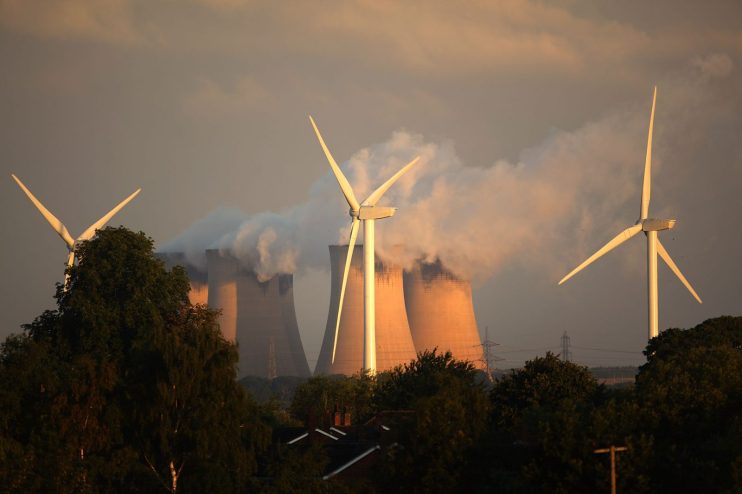SSE’s distribution company commits £4bn to boost infrastructure amid net zero push

Scottish and Southern Electricity Networks (SSEN) Distribution will invest around £4bn over a five-year period across its network ahead of future growth in electric vehicles and the industry-wide push to reach net zero carbon emissions.
SSEN Distribution – with its parent company is SSE – first announced plans to boost spending commitments in July.
The group will increase investment in northern Scotland and southern England by a third between 2023-2028, creating over 850 jobs across both regions.
This baseline investment could see the Regulated Asset Value (RAV) of SSEN Distribution grow to over £6bn by 2028.
The plans are part of its ‘powering communities to net zero’ business strategy, which has been built on feedback from 25,000 customer and stakeholders
The plans include promises to reduce power cuts by 20 per cent as part of a new six-point commitment to customers.
Further pledges include achieving a customer satisfaction of 92 per cent and supporting 200,000 customers in fuel poverty with energy efficiency measures.
It also wants to connect 1.3m electric vehicles and 800,000 heat pumps to its network, cut its carbon emissions by 35 per cent and create a £1bn foundation focused on net zero carbon emissions.
SSEN also intend to deliver the plans with no planned rise in distribution costs on customer energy bills.
The final plan will now be assessed by Ofgem, whichwill reach a decision next year.
Chris Burchell, Managing Director of SSEN Distribution, said: “As energy policy and targets accelerate at pace, it’s critical we invest at the right level now to meet this ambition and avoid a higher cost future. We now need Ofgem to support this aim by providing an agile price control framework which gives the certainty and flexibility required to meet evolving policy and customer needs.”
Hargreaves Lansdown analyst Sophie Lund-Yates believes the strategy could be welcomed by investors but remains risky.
She said: “The combination of reliable networks and growing renewable energy businesses sounds attractive, but it’s costly and adds a layer of risk until SSE starts generating cash more reliably. If SSE gets this transition right investors could enjoy a sustainable and growing dividend, but it’s still unclear whether the renewables business can generate the necessary returns.”
SSE’s shares are slightly up on Wednesday afternoon, trading at 1,565p on the FTSE 100.